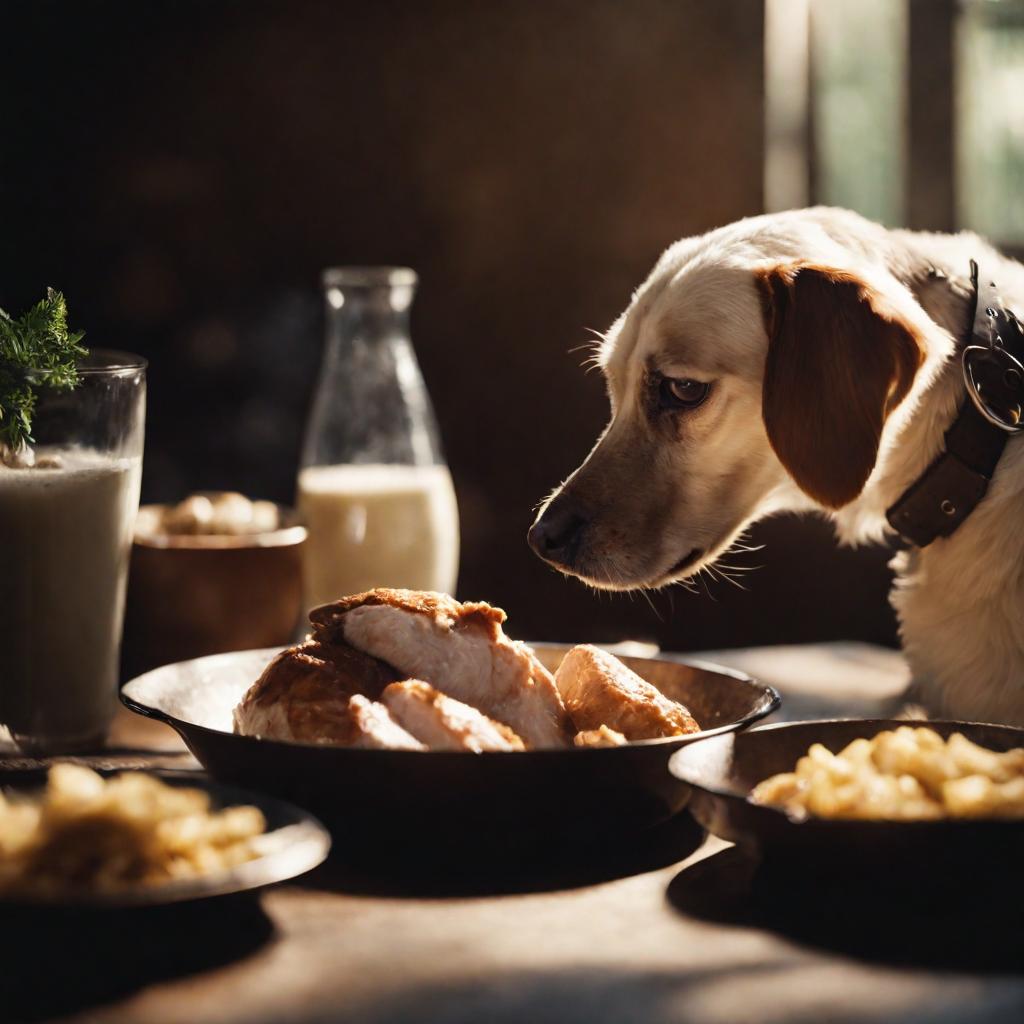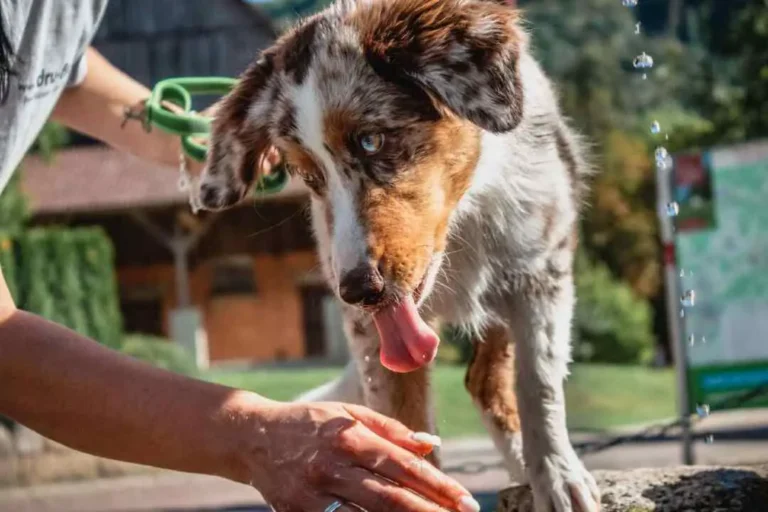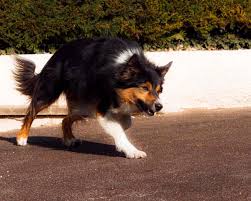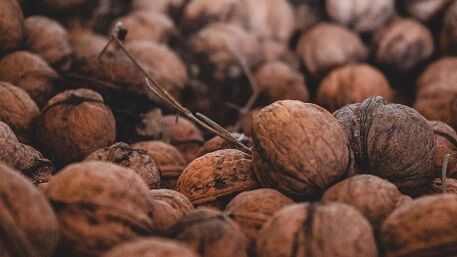Can Dog Eat Raw Chicken Breast?
The chicken breast is a sharp cut of meat taken from the pectoral muscle found under the body of the chicken. Each chicken contains one chicken breast with two parts, which are isolated during the butchering process and sold as individual breasts. Given its alluring white meat and medical advantages, boneless chicken breast meat is the most costly sliced of chicken in contrast with chicken thighs, wings, and drumsticks.
Our pet dogs are descendants of wolves and wild dogs. They can cheerfully smash on chicken. A few million years of evolution won’t really wipe out their characteristics, as they basically devour meat.
Dog likes chicken breast, especially when compared with other pieces of chicken. Chicken breast has a lot of tissues without significant bones so it is simple for the dogs to digest. They feel the flavor of each minuscule piece of chicken breast. Small bones do not trouble the dogs as their stomach is designed for this. Dog’s stomach is acidic in nature which helps them to digest small bones.
Dogs have day-by-day essential nourishment than protein and amino acids. It includes fundamental unsaturated fats, nutrients and minerals. While chicken breast, cooked or raw, will suffice a dog’s protein and amino acids needed, and a part of their fundamental unsaturated fat necessity. Their diet will be inadequate in nutrients and minerals. For instance, 2 cups of bubbled, hacked, boneless, skinless chicken breast each day will fulfill the craving of an ideal body-weight dog at 16-19 lbs.
Wholesome advantages in raw chicken breast:
Most of the chicken fat is amassed in the skin, so chicken breasts are regularly sold skinless and boneless. This kind of poultry is a superb wellspring of lean protein. Chicken breast is likewise a decent wellspring of Vitamin B, Vitamin D, calcium, iron, zinc, and follow measures of Vitamin An and Vitamin C.
Chicken breast contains more polyunsaturated fat and monounsaturated fat. Which are better fats than those found in red meat. The chicken bosom has no trans fat and is low in sodium.
We have recorded the dietary benefits in chicken breast weigh 189g
- All out Fat 5g
- Soaked Fat 1.1g
- Trans Fat 0g
- Polyunsaturated Fat 0.8g
- Monounsaturated Fat 1.3g
- Cholesterol 138mg
- Sodium 85mg
- Potassium 631mg
- Absolute Carbohydrates 0g
- Dietary Fiber 0g
- Sugars 0g
- Protein 43g
Is it safe for dogs to eat raw chicken breast?
It depends upon the dog and the meat quality of the chicken breast. Dogs have a more resistant stomach than humans, so they could deal with the most expected microorganisms easily than the human digestive system. Usually dogs have less stomach related infections than humans due to this digestive tract of dogs.
Your doggo moreover has an astoundingly acidic cleaning chamber inside the stomach and a large number of powerful gastric enzymes. This will defend and abolish the harmful microorganism entering the stomach.
CDC have come up with the proposal for the pet proprietors to follow if they decide to feed raw chicken breast.
If the chicken breast isn’t disinfected or it isn’t fulfilling the above rules referenced by CDC, at that point dogs could get sick with any of the below complications,
Salmonella microbes are the most outstanding microorganisms found in raw chicken breast. Despite the fact that dogs for the most part don’t experience the ill effects of these microorganisms, a few strains can cause serious disease.
Genuine salmonella contaminations can cause intestinal trouble. This including loose bowels, heaving, stomach issues, sickness, and a deficiency of hunger. If the microscopic organisms attack the circulatory system, they can cause septicemia(blood harming). This can immediately become perilous.
E.coli is a universal gathering of microbes that happens in a few distinct structures or strains. Colibacillosis occurs when pathogenic strains of E.coli contaminate dogs. It normally affects puppies, but it occasionally causes disorder in grown-up dogs as well. Symptoms of colibacillosis generally incorporate diarrhea, weakness, fast pulse, and retching.
Campylobacter bacteria can cause moderately genuine disease in individuals. At times it can cause dogs to feel pretty horrendous as well. Most dogs seem to get this infection from contaminated excrement instead of uncooked chicken. Symptoms of mucus-laden diarrhea, torpidity, poor quality fever and stomach aches are seen.
Hence AVMA is not welcoming this type of food into dog’s raw diet on daily basis.
What to do if your dog eats raw chicken breast irregularly?
In the course of the last few decades, various proprietors have started to feed raw chicken to their dogs. Most of the dogs could digest the chicken breast meat due to their natural body capabilities. Hence it is good to monitor your dog for a while to make sure that they are not affected by any of the below symptoms,
- Gastrointestinal upset
- Nutritional inadequacies, if not taken care of a reasonable business diet
- Choking by bones.
- Pancreatitis (irritation of the pancreas)
If they have these symptoms then consult your vet. Find out whether your dog has any serious complications like Salmonella, Campylobacter.
Treatment for Salmonella, as a rule, includes retaining nourishment for around 48 hours and making moves to rehydrate your dog. Now and again, meds are additionally used to help kill the microorganisms. Salmonella microbes can be communicated to people, and it is particularly risky for little children.
Campylobacter is really hard to treat with canine anti-microbials. Yet most vets, in any case, recommend them, as they’ll diminish the number of microorganisms in your dog sheds into the climate.
To conclude, you can feed raw chicken breast to your dog. However, make sure to keep the meat clean and free from germs to avoid any food-borne diseases.






